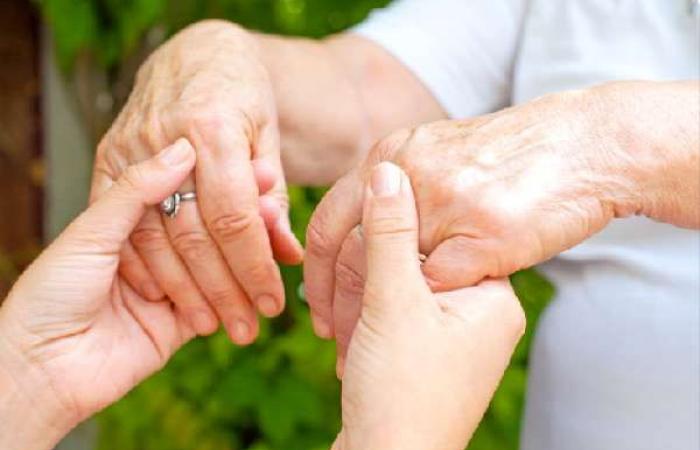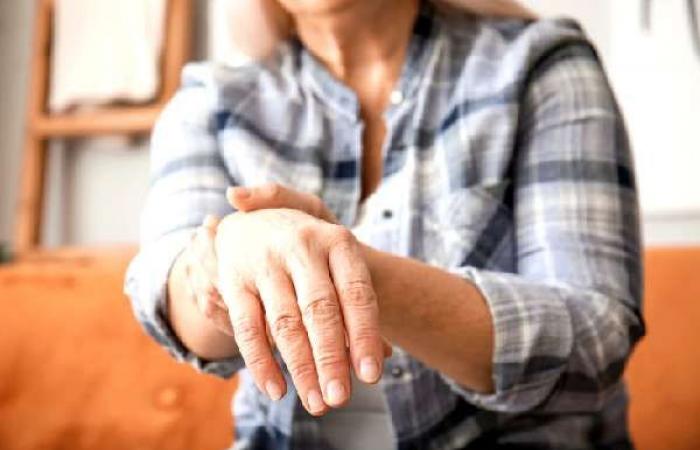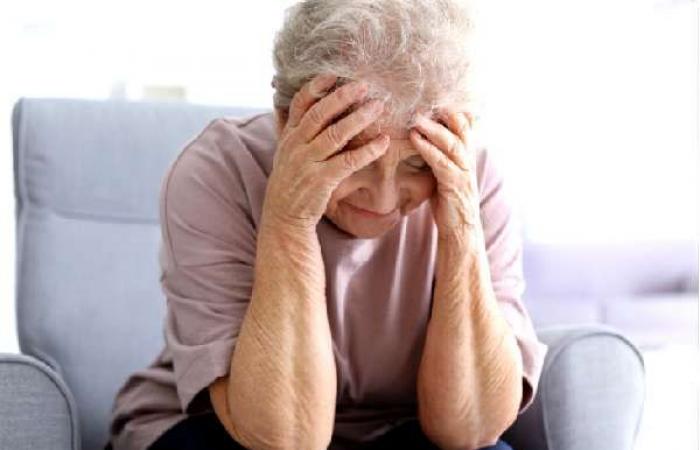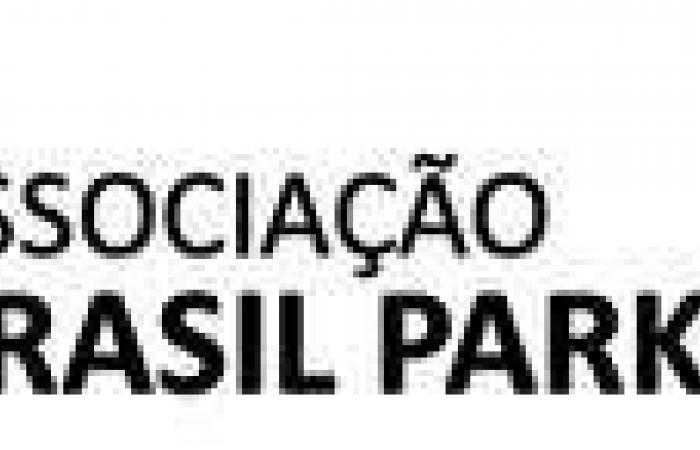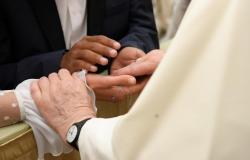Reading Time: 3 minutes
- The disease is a central nervous system disorder that affects movement, often including tremors;
- Other symptoms are slow movement, stiffness and loss of balance;
- Medications can help control Parkinson’s symptoms, but there is no cure for this disease; It is
- It is chronic: it can last years or a lifetime.
Parkinson’s It is the fastest growing neurological disease and is subject to environmental agents, with an increase in pollutants, solvents and pesticides worldwide. A World Health Organization (WHO) estimates that 1% of the population over 55 years old has Parkinson’s disease.
38 years ago the Brazilian Parkinson Association (ABP) works to care for people with the disease. On this journey, the entity helped thousands of families of people, a disease with no cure but treatment.
At ABPa series of activities help in the rehabilitation of patients when combined with physiotherapy and speech therapy: such as Tai Chi, treadmill, dancing, ping pong, arts – among others –, which help to slow the rate of evolution of the disease.
The patient’s rights
Another concern of ABP is with the knowledge of ´´patient rights´´ and, therefore, has just launched the e-book for free ´´Parkinson’s and Citizenship: a Special Guide to Law and Benefits´´, presenting a path to fight for benefits within the law. < At the end of the article, the link to obtain a copy of the guide>.
Currently, one of the biggest concerns is the lack of medicine in some health centers in the country and this has been happening recurrently. According to the entity, “despite having treatment and complementary activities, all patients need medication. Most depend on public health care´´.
More resources for SUS
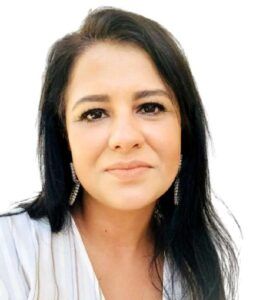
A president of ABP, Erica Tardelli Neves Guelfi, remember that the Unified Health System (SUS) medication has been available for a long time, but ABP denounces the frequent problems in the delivery of medicines, especially the Prolopa, essential for parkinsonians´´. In this sense, the entity sent a manifesto to municipal, state and federal authorities so that they are attentive and provide resources to the SUS.
The leader of the ABP remembers the need for better care to meet the demand for the medicine, as well as planning to care for patients who have had electrode implantation surgery (DBS*) so that the necessary batteries are not missing, enabling the movements of these patients.
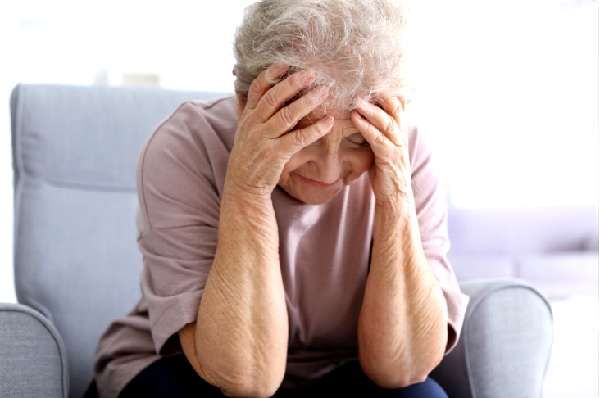
DBS –
Deep Brain Stimulation (DBS) uses a small, surgically implanted device called a “stimulator” that sends electrical signals through electrodes placed in a specific region of the brain. This stimulation can improve your motor function, reducing symptoms such as tremors, slowness and stiffness.Get a free copy of the eBook :
 Click here The entity is non-profit and has the title of Federal, State and Municipal Public Utility. It is also recognized as having philanthropic purposes by the National Social Assistance Council. ABP exclusively serves people with Parkinson’s Disease for activities guided by professionals in the areas of physiotherapy, speech therapy, psychology, nutrition, physical education, senior dance, choir and psychological support group for the caregiver. Arts workshop activities such as painting, crafts and origami are also offered, which are especially aimed at improving the parkinsonian’s motor coordination. ABP promotes periodic lectures, meetings, commemorative and social events. In history, the entity was created on the initiative of Dona Marylandes Grossmann, herself a Parkinsonian at 43 years of age. He consulted an American entity on how to create a similar association in Brazil and, firm in its purpose, the ABP was established in December 1985, a pioneer in Latin America. On the ABP website there are many materials and information for patients, families and caregivers –
Click here The entity is non-profit and has the title of Federal, State and Municipal Public Utility. It is also recognized as having philanthropic purposes by the National Social Assistance Council. ABP exclusively serves people with Parkinson’s Disease for activities guided by professionals in the areas of physiotherapy, speech therapy, psychology, nutrition, physical education, senior dance, choir and psychological support group for the caregiver. Arts workshop activities such as painting, crafts and origami are also offered, which are especially aimed at improving the parkinsonian’s motor coordination. ABP promotes periodic lectures, meetings, commemorative and social events. In history, the entity was created on the initiative of Dona Marylandes Grossmann, herself a Parkinsonian at 43 years of age. He consulted an American entity on how to create a similar association in Brazil and, firm in its purpose, the ABP was established in December 1985, a pioneer in Latin America. On the ABP website there are many materials and information for patients, families and caregivers –
www.parkinson.org.br.
Service
Brazilian Parkinson Association
Note: On the ABP website there are many materials, guides, guidelines and information for patients, families and caregivers
<< Supported by information/source: Vera Moreira Comunicação – Ana Finatti >>
Tags: ABP defense rights people Parkinsons disease launches guidance guide
--
